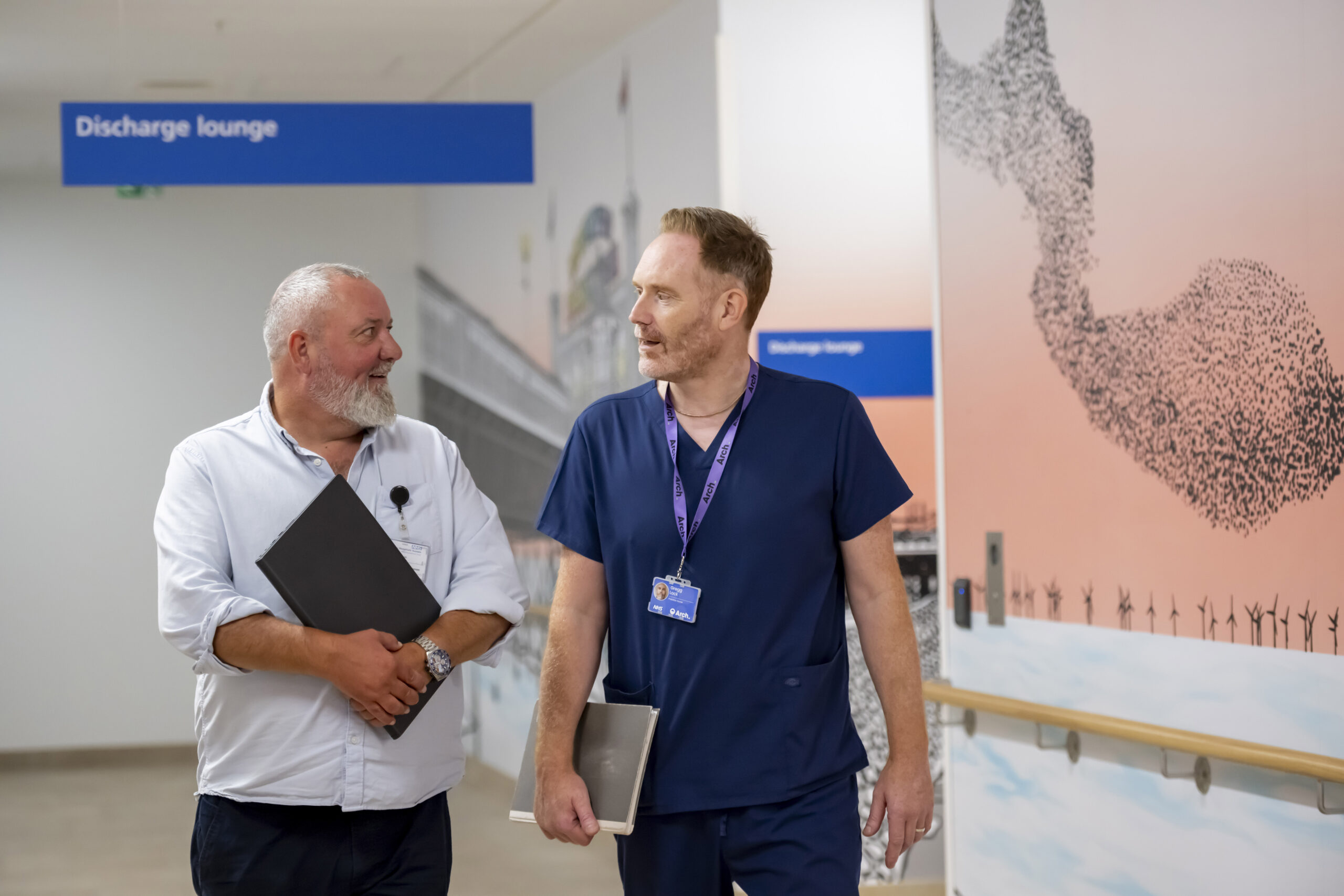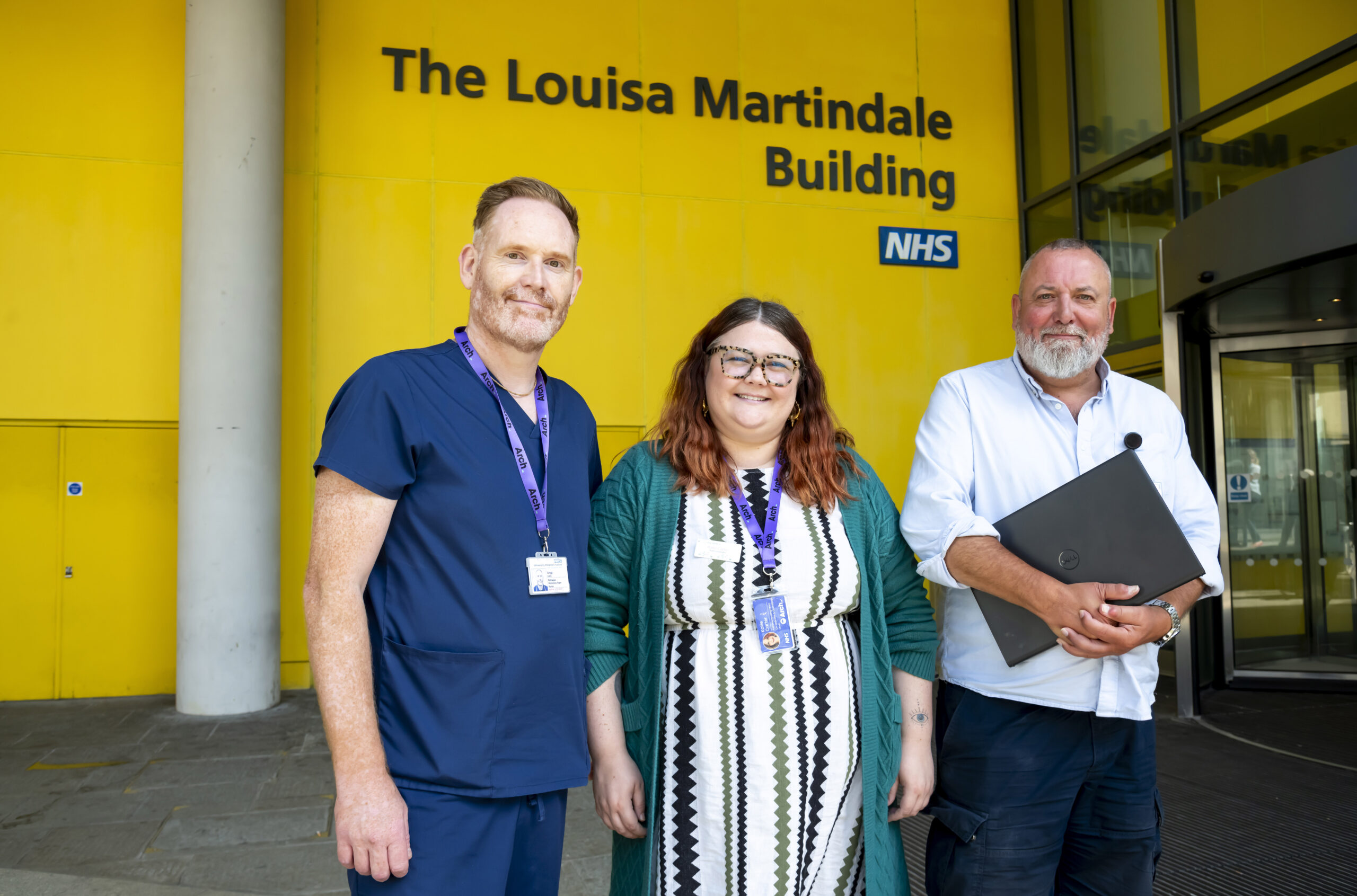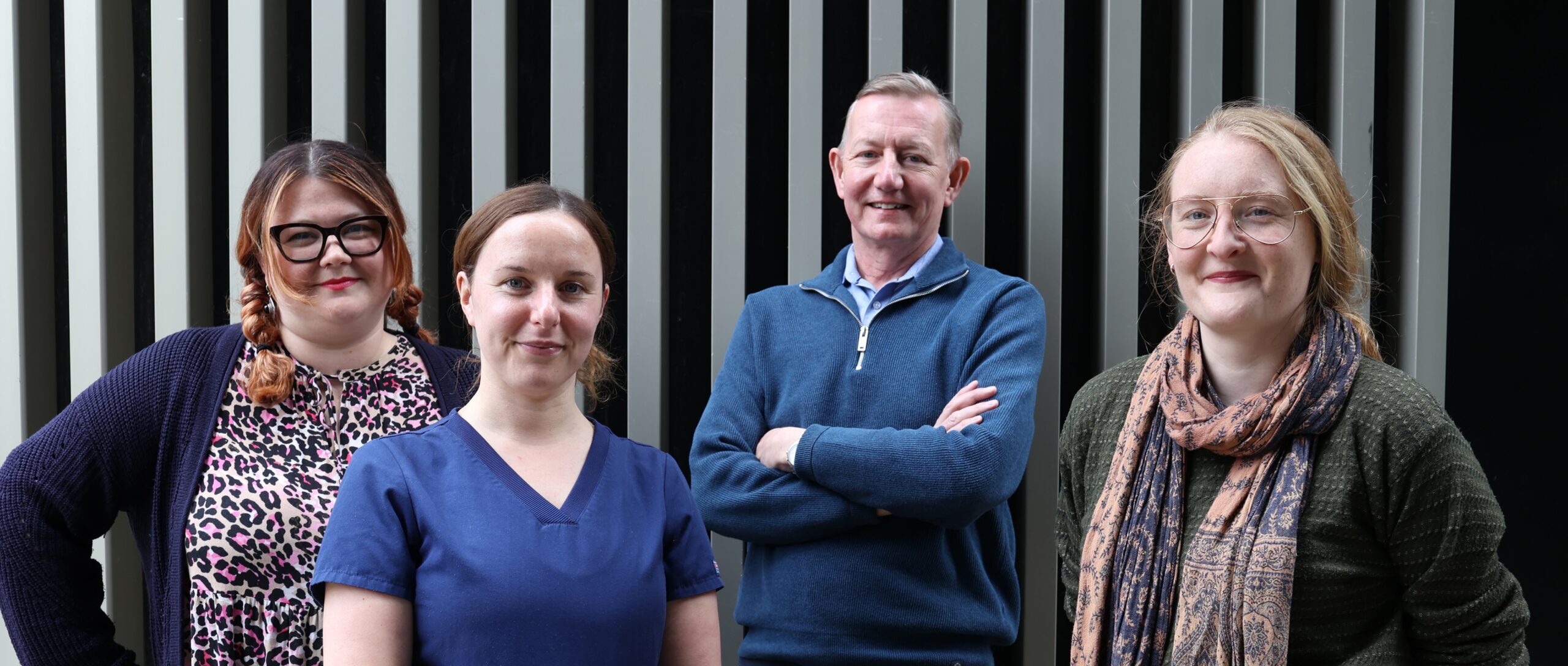Homelessness is a healthcare problem: a period of homelessness can be devastating for a person’s health. Conversely, good healthcare can empower people to address a large range of challenges, including those that led to them becoming homeless in the first place.
People who die whilst homeless, die on average incredibly young, and largely of treatable causes. The average age of death for people experiencing homelessness is 46 for men and 42 for women. In 2019, the BMA declared homelessness to be a public health emergency.
What is Pathway?
Pathway is a simple model that uses the opportunity of hospital admittance, to identify people experiencing homelessness, and by providing extra, tailored care, coupled with housing support, help these patients to move to a more positive life path.
Enabling people to stick with their treatment and stay in hospital as long as they need, will ensure they’re not leaving whilst still ill, and thus at risk for readmittance within a short time.
Supporting people to move on to somewhere appropriate after their hospital stay, will ensure that people have the chance to recover properly, regroup, and have a better chance of moving onto a more stable life, and can take control of their health and wellbeing in the future.

Photo by Liz Finlayson/Vervate
What is Pathway's history in Brighton?
Brighton has the longest running Pathway hospital in-reach programme outside of London. In May 2012, a small team, provided by Arch Healthcare, led by specialist GP Dr Chis Sargeant, and in partnership with Sussex Community Foundation Trust (SCFT) set up shop in the Royal Sussex County Hospital, now part of Sussex University Hospitals, and started to identify and support patients in hospital at that time who didn’t have a home to go to upon discharge. The Pathway team worked with the clinical teams to ensure appropriate treatment, full understanding of the patients’ circumstances, and awareness of other health issues. The team also try to meet possible needs such as for toiletries and clothes, tv access and books, to ensure a dignified hospital stay, and understand the importance of building up trust with patients who may have lost faith in the system, to ensure that all treatments are fully effective. The team then work with the patients and Housing Needs colleagues to ensure that they come out to a stable environment upon discharge, including support with housing and benefits, so that patients would be able to get out of hospital and recover properly and safely.

Photo by Liz Finlayson/Vervate

Any patients who are not registered with a GP are registered at Arch, the specialist service for people who are homeless in Brighton, while they are still in hospital, to remove the need for them to do this after discharge.
The Pathway team introduced a weekly multidisciplinary team meeting to bring together services from the community and the hospital to plan discharges, and monitor progress after discharge. This developed into the Multi-agency Homeless Health Meeting (MAHHM) which has since expanded its remit to include patients who are at risk of hospital admission. MAHHM enables the journeys of patients to be traced, looking at the whole person and their story so far, in order to provide considered, effective, human treatment.
From the second year of operation the Pathway team has worked closely with Justlife, a charity that provides health engagement and support to people living in emergency accommodation. All patients discharged to emergency accommodation are offered referral to their team. The involvement of a support worker makes a big difference to the outcomes for patients.
In the 10 years that Pathway has been up and running in Brighton, figures show that for people facing homelessness, despite rising rates of homelessness in the country, A&E attendances, unplanned hospital admissions and readmissions have fallen.